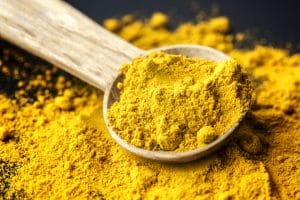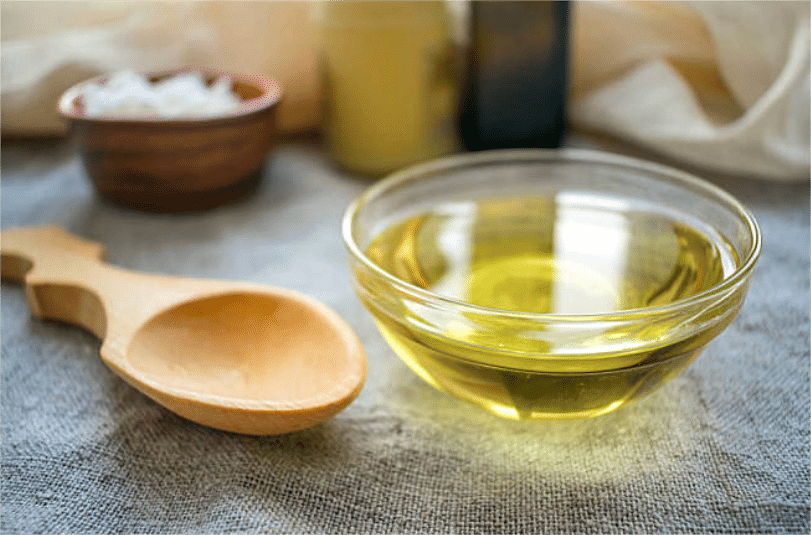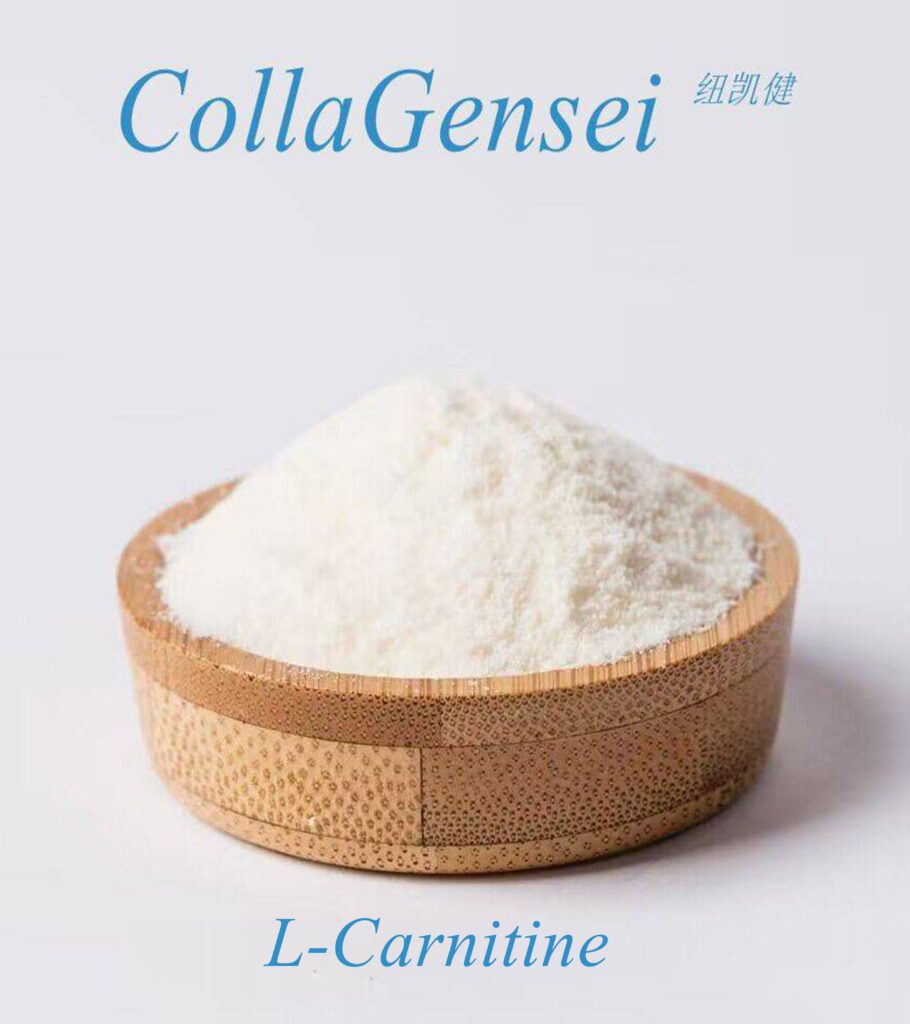Introduction
Coenzyme Q10 (CoQ10), also known as ubiquinone, is a naturally occurring compound found in every human body cell. It plays a crucial role in energy production and is a powerful antioxidant, protecting cells from oxidative damage. This article explores the significance of CoQ10, delving into its mechanisms, health benefits, applications, and potential side effects.
What is Coenzyme Q10?
Coenzyme Q10 is a fat-soluble, vitamin-like compound that is essential for the production of energy within cells. It is predominantly found in the mitochondria, the powerhouses of cells, where it participates in the production of adenosine triphosphate (ATP), the primary energy currency of the body. CoQ10 also acts as a potent antioxidant, neutralizing harmful free radicals and protecting cells from oxidative damage.

Mechanisms of Action
Energy Production: CoQ10 is a critical component of the electron transport chain, a series of reactions within the mitochondria that generate ATP. It shuttles electrons between different enzyme complexes, facilitating energy production from nutrients.
Antioxidant Defense: CoQ10 helps protect cells from oxidative stress by neutralizing free radicals. It also regenerates other antioxidants, such as vitamin E, enhancing the body’s overall antioxidant capacity.
Gene Expression and Cell Signaling: CoQ10 influences the expression of genes involved in energy metabolism and antioxidant defense. It also affects cell signaling pathways, affecting various cellular processes.
Health Benefits
- Cardiovascular Health
CoQ10 has been extensively studied for its benefits in supporting cardiovascular health. It is particularly beneficial for heart function and managing conditions such as heart failure and hypertension.
Heart Failure: CoQ10 supplementation has been shown to improve symptoms and quality of life in individuals with heart failure. It enhances energy production in heart cells, improving their function and reducing symptoms such as fatigue and shortness of breath.
Blood Pressure Regulation: CoQ10 helps lower blood pressure by improving endothelial function and reducing oxidative stress. This makes it a valuable supplement for managing hypertension.
Cholesterol Management: CoQ10 can help reduce the oxidative modification of LDL cholesterol, which is a critical factor in the development of atherosclerosis. This helps protect against cardiovascular disease.
- Energy and Exercise Performance
CoQ10 is often used by athletes and individuals looking to boost their energy levels and enhance exercise performance.
Increased Energy Levels: By improving mitochondrial function, CoQ10 enhances the production of ATP, leading to increased energy levels and reduced fatigue.
Enhanced Exercise Performance: CoQ10 supplementation has been shown to improve exercise performance by increasing endurance and reducing perceived exertion. It also helps reduce muscle damage and oxidative stress associated with intense physical activity.
Recovery Support: CoQ10 aids in the recovery process after exercise by reducing inflammation and oxidative damage, helping muscles recover faster and more effectively.
- Neuroprotective Effects
CoQ10 has significant neuroprotective properties, benefiting brain health and neurodegenerative diseases.
Cognitive Function: CoQ10 supports cognitive function by protecting brain cells from oxidative stress and improving mitochondrial function. It may help improve memory and slow mental decline.
Neurodegenerative Diseases: CoQ10 has potential benefits in managing neurodegenerative diseases such as Alzheimer’s and Parkinson’s by reducing oxidative stress and supporting mitochondrial function. It may help slow the progression of these diseases and improve quality of life.
Stroke Recovery: CoQ10 can improve outcomes after a stroke by protecting brain cells from damage and enhancing recovery processes.
- Skin Health
CoQ10 benefits skin health by protecting against oxidative stress and improving skin appearance.
Anti-aging Effects: CoQ10 reduces oxidative damage to skin cells, slowing aging and improving skin texture and elasticity. It helps reduce the appearance of fine lines and wrinkles.
Skin Conditions: CoQ10 may help manage skin conditions like acne and rosacea by reducing inflammation and oxidative stress. It also supports overall skin health by improving cell regeneration and repair.
UV Protection: CoQ10 can help protect the skin from the damaging effects of ultraviolet (UV) radiation, reducing the risk of sunburn and long-term skin damage.
- Diabetes Management
CoQ10 benefits individuals with diabetes, as it helps regulate blood sugar levels and protect against diabetic complications.
Blood Sugar Control: CoQ10 improves insulin sensitivity and enhances glucose uptake by cells, helping to regulate blood sugar levels. This is particularly beneficial for individuals with type 2 diabetes.
Diabetic Neuropathy: CoQ10 can help manage diabetic neuropathy, a common complication of diabetes characterized by nerve damage. It reduces pain, tingling, and numbness in the extremities.
Oxidative Stress Reduction: By reducing oxidative stress, CoQ10 helps prevent the progression of diabetes-related complications, such as cardiovascular disease and kidney damage.
Uses of Coenzyme Q10
- Dietary Supplements
CoQ10 is widely available as a dietary supplement, including capsules, tablets, soft gels, and liquid formulations. It is commonly used to:
Support General Health: CoQ10 supplements are taken to boost energy levels, support cardiovascular health, and enhance overall well-being.
Manage Specific Conditions: CoQ10 is used to manage conditions such as heart failure, hypertension, neurodegenerative diseases, and diabetes.
- Topical Applications
CoQ10 is also used in topical formulations for skin health. It is found in creams, lotions, and serums designed to:
Reduce Wrinkles: CoQ10 helps reduce the appearance of fine lines and wrinkles by protecting skin cells from oxidative damage and promoting collagen production.
Improve Skin Texture: CoQ10 enhances skin texture and elasticity, promoting a youthful appearance.
Treat Skin Conditions: CoQ10 can help manage conditions like acne and rosacea by reducing inflammation and oxidative stress.
- Functional Foods and Beverages
CoQ10 is sometimes added to functional foods and beverages to enhance nutritional value.
Fortified Foods: Foods like energy bars and drinks may be fortified with CoQ10 to provide additional health benefits.
Health Beverages: CoQ10 is included in health drinks designed to boost energy levels, support cardiovascular health, and enhance overall wellness.
- Medical Nutrition
CoQ10 is used in medical nutrition products designed for specific health conditions.
Cardiovascular Health Products: CoQ10-enriched medical nutrition products support heart health and manage cardiovascular risk factors.
Neuroprotective Formulations: CoQ10 is used in formulations aimed at supporting brain health and managing neurodegenerative diseases.
Potential Side Effects and Considerations
CoQ10 is generally considered safe and well-tolerated. However, some individuals may experience mild side effects, including:
Gastrointestinal Issues: Nausea, stomach upset, and diarrhea can occur, especially at high doses.
Allergic Reactions: Although rare, some individuals may experience allergic reactions to CoQ10 supplements. Discontinue use if any allergic reactions occur.
Blood Sugar Levels: CoQ10 can affect blood sugar levels, which may require monitoring for individuals with diabetes or hypoglycemia.
Dosage and Administration
The optimal dosage of CoQ10 can vary depending on the intended use and individual health status. General guidelines include:
General Health: 100-200 mg daily doses are ordinary for general antioxidant support and energy enhancement.
Cardiovascular Health: Higher doses, such as 200-600 mg daily, are often used to manage heart failure and improve cardiovascular function.
Neuroprotective Effects: Doses of 300-1,200 mg per day may be used to support brain health and manage neurodegenerative diseases.
Topical Use: Concentrations of 0.3-1% CoQ10 are typically used in skincare products.
It is essential to start with a lower dose and gradually increase it, monitoring for adverse effects. Consulting with a healthcare provider before starting CoQ10 supplementation is recommended, especially for individuals with existing health conditions or those taking other medications.
Environmental and Ethical Considerations
CoQ10 can be synthesized in laboratories or extracted from natural sources, such as animal organs and certain plants. Synthetic production helps ensure a stable and pure supply, reducing the environmental impact of natural extraction.
Sustainability: Synthetic production of CoQ10 reduces the need for natural extraction, promoting sustainability and minimizing the impact on animal populations.
Purity and Quality: Laboratory synthesis ensures high purity and consistent quality of CoQ10 supplements.
Conclusion
Coenzyme Q10 is a versatile and powerful compound with numerous health benefits. Its role in energy production, antioxidant defense, and cell signaling makes it valuable for managing conditions such as heart failure, hypertension, neurodegenerative diseases, diabetes, and skin health. Available in various forms, including dietary supplements, topical applications, functional foods, and medical nutrition products, CoQ10 is widely used to support general health and manage specific health conditions. While generally safe, it is essential to use CoQ10 supplements under the guidance of a healthcare provider, particularly for individuals with underlying health issues or those taking other medications. Understanding the mechanisms, benefits, and appropriate uses of CoQ10 can help individuals make informed decisions about incorporating this essential compound into their health regimen.



